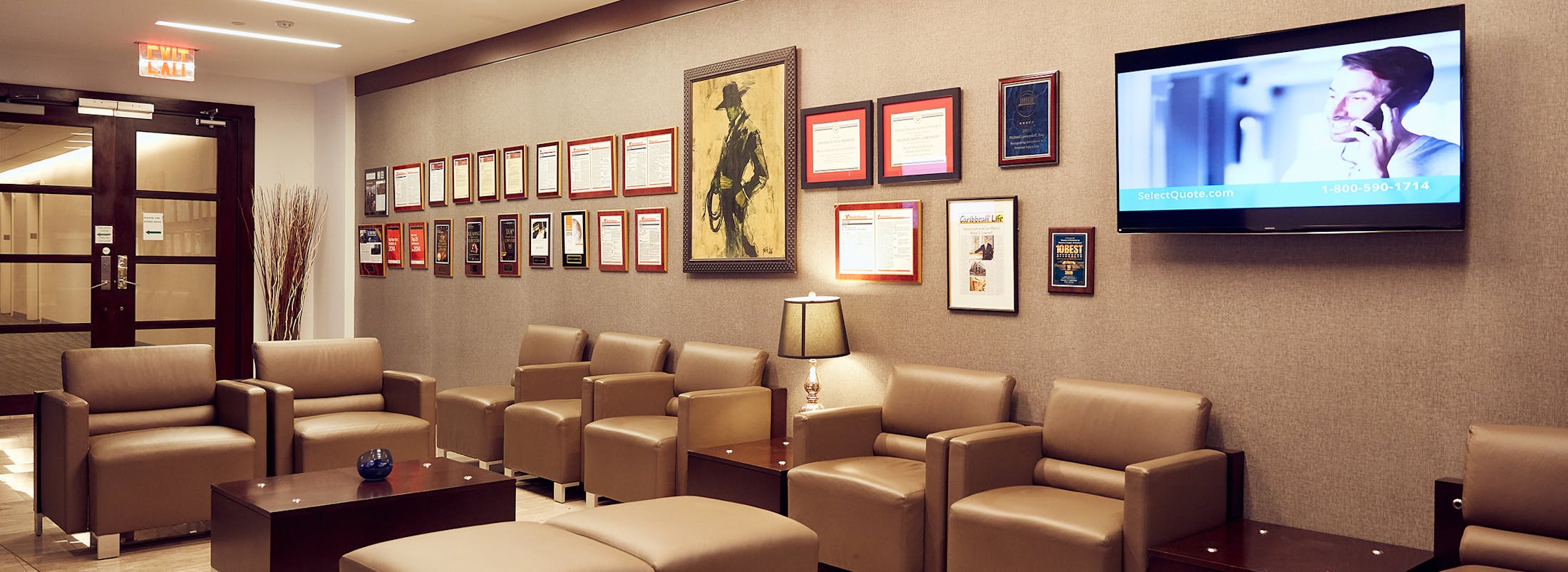Will Public Wi-Fi In New York City Violate Your Civil Rights?
New York City’s new free public Wi-Fi network raises numerous privacy concerns for users and tourist alike. The problem is, CityBridge, the corporation behind the LinkNYC kiosks that have begun changing phone booths in Manhattan, keeps a vast amount of data about users – often for an indefinite period – constructing a massive database that carries a risk of security breaches and unjustified NYPD surveillance.
The NYCLU Reports:
The recent melee over Apple’s refusal to unlock an iPhone for the FBI has raised even more concern about what the government can and cannot do in this situation. In a sense, the matters are similar: Should innocent individuals sacrifice privacy for the sake of safety? What does a police abuse law firm have to say?
What are the benefits to public wi-fi?
If a would-be terrorist are stupid enough to communicate via public Wi-Fi, shouldn’t the police department be able to access that information if it helps stop an attack? The bulk of Americans believe that their web browsing history — which can divulge a user’s political views, religious associations, medical or family difficulties — is sensitive.
The national public uproar after Apple was ordered to help unlock a cell phone from the San Bernardino terrorist attacks made it clear how seriously the American people take threats to their safety and confidentiality. In a quote from the executive director of NYCLU said “New Yorkers’ private online actions shouldn’t be used to create a gigantic database that’s within the ready grasp of the NYPD.”
“Free public Wi-Fi can be a vital resource for New York City, but New Yorkers need to know there are too many strings attached.” LinkNYC, which launched in January, will ultimately become a network of as many as 7,500 to 10,000 public kiosks offering swift and free Wi-Fi throughout all five boroughs. The pure volume of data gathered by this powerful network will create a colossal database of information that will present eye-catching opportunities for hackers and for law enforcement scrutiny, and will carry an unwarranted risk of abuse, exploitation and unauthorized access.
What most people now understand is that internet access is not a choice, it’s a modern-life requirement. New York City’s free public Wi-Fi network should set the standard for privacy and security to ensure that New Yorkers and tourist alike do not have to ransom their rights and freedoms to log online. The general manager of LinkNYC, told The Huffington Post in an interview that the corporation would never sell a user’s private info and that law enforcement doesn’t have unregulated access to the information.
“CityBridge would need a subpoena or comparable lawful demand before sharing any info with the NYPD or law enforcement, and we will make every effort to communicate government demands to impacted users,” a city official said. And Natalie Grybauskas, a spokesperson for New York City Mayor Bill de Blasio, told the Huffington Post there are privacy protections in place on the public Wi-Fi system.
She also said that “NYC and CityBridge have created customer-first privacy protections to safeguard our users’ personal data stays that way — personal,” she said. “We will continue to work to ensure valid concerns are addressed,” she also added. In order to register for LinkNYC, people must submit their e-mail addresses and agree to let CityBridge collect information about what websites they visit on their mobile devices, where and how long they remain on certain info on a webpage, and what links they click on.
What does the privacy policy say?
CityBridge’s privacy policy only suggest to make “reasonable efforts” to clear out this enormous amount of personally identifiable user data, and even then, only if there has been 12 months of user inactivity. New Yorkers who use LinkNYC regularly will have their personally identifiable data stored for a lifetime and beyond.
The mayor’s launch of LinkNYC, that occurred at the same time that NYPD Commissioner Bratton spoke about the Apple dispute, also raised concerns that the NYPD will be demanding information from CityBridge and that CityBridge will be cooperating – troubling because people who us LinkNYC are not guaranteed notification if the NYPD requests to access their info.
And according to its privacy policy, data collected by environmental sensors or cameras at the LinkNYC kiosks may be accessible to the city or NYPD. In its letter, the NYCLU requests to know if the environmental sensors and cameras will be habitually feeding into any city or NYPD systems, as well as the controversial Domain Awareness System, and contends that users must be specifically notified if this is the case.
Protect your rights! Contact us online or call us at 212-962-1020 (toll free at 877-MSL-4LAW or 877-675-4529) to arrange a meeting. Our phones are answered 24 hours a day, seven days a week. There is no charge for your first consultation.

